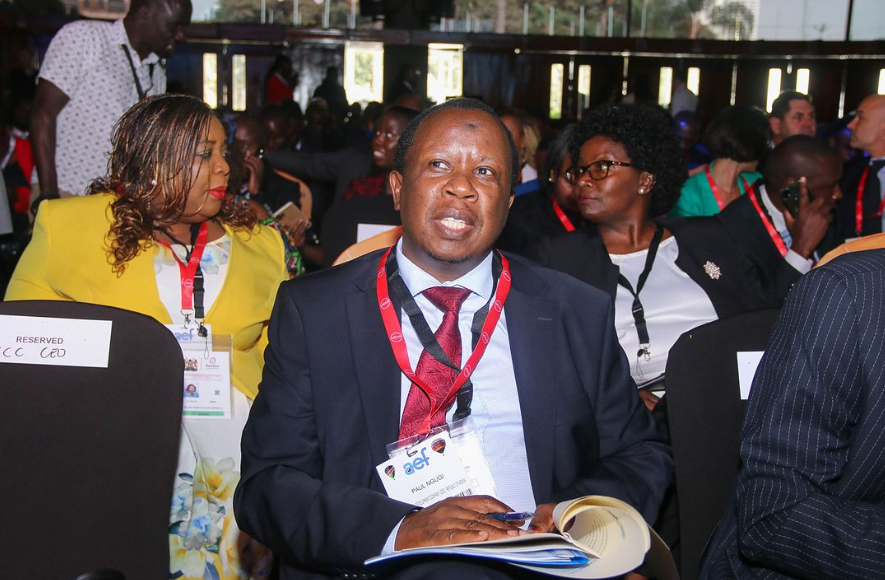
According to Ngugi, GDC is a unique company because one of its objectives is to facilitate the participation of the private sector in geothermal development in Kenya by de-risking the prospects. This may mean having to take on the upfront costs and risks of drilling the wells, as has been the case for the Menengai geothermal power project.
The Menengai project is also the first geothermal project that has been granted a partial risk guarantee. In the case of the 35-MW geothermal power plant by Globeleq, the guarantee was granted by the National Treasury of Kenya. This insulates the project from certain country and political risks, but also increases the country’s debt.
Updates on ongoing projects
Ngugi provided a few updates on the projects that GDC is currently working on:
The first power plant in Menengai by Sosian Power is expected for commissioning by mid-August.
It will take about 23 months for the construction of the second Menengai geothermal power plant by Globeleq. Thus, it is expected to be operation by mid-2025.
17 wells have been drilled in the Baringo-Silali project, and this will be enough to support a 55-MW power facility. GDC is now searching for developers and are waiting to carry out a feasibility study to determine the sustainable capacity of the field over a period of 25 years. A consultant will soon be engaged for this study.
There are plans for drilling in the Silali and Kipchuk geothermal fields by the next year.
Achieving financial sustainability
One of the primary objectives of Ngugi is for GDC is to become financially sustainable without having to rely on government funding. The two power plants currently in development in Menengai will not be enough to achieve this goal. However, a planned 100-MW power plant in the Baringo-Silali field will provide GDC financial sustainability.
Ngugi said that this status can be reached by 2028 if all goes according to plan. At that point, GDC can sustain its operational expenses and have enough spare money for investments.